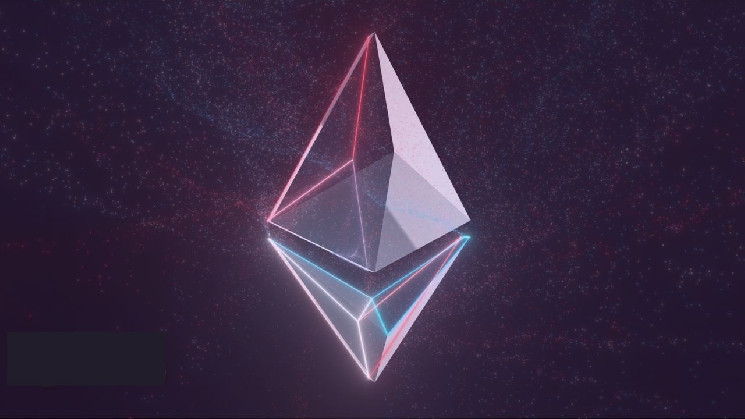To pave the way for greater adoption of non-fungible tokens and bring down the barriers hampering more widespread participation, Polygon is leveraging its parallel network’s proof-of-stake approach to reduce Ethernity Chain’s gas costs.
Layer 2 Solution to Make Ethereum-Based NFTs More Accessible
Non-fungible tokens (NFTs) remain the talk of the town, intriguing crypto enthusiasts and collectors alike with their value proposition for creators and unique ownership properties. Yet, despite the intrigue, the hype has also illuminated the many drawbacks of these novel tokens, primarily their steep environmental and transactional costs.
For many interested parties, NFTs simply remain out of reach due to their costs. Costs in this context don’t simply refer to the price of the works being auctioned but also the accompanying gas costs, which can add hundreds of dollars to any transaction. Gas fees have been a hot topic this year, and although Ethereum has pledged to address this matter, the timeline for these improvements is hard to pin down.
Fortunately, instead of waiting for Ethereum to roll out their answer, a Layer 2 solution has found a way to leverage its “internet of blockchains” approach to resolve these issues in a highly efficient manner. Enter Polygon, a protocol that can help any Ethereum-compatible blockchain connect with the network to benefit from its valuable properties without sacrificing speed or security.
This scalable framework works on a proof-of-stake (PoS) consensus mechanism, using smart contracts to seamlessly interface with Ethereum while helping bring down gas costs to next to nothing. Although Polygon has traditionally focused on other blockchain-based activities that demand greater scalability, higher efficiency, and lower costs, NFTs represent the perfect area for this Layer 2 protocol’s implementation.
A More Economical Modus Operandi for Ethernity
To invite more mass participation in the NFT arena, Ethernity Chain, a prominent NFT marketplace, is embracing this very model to help make its platform more competitive. Incorporating Polygon into Ethernity’s platform will ensure that NFTs, which have traditionally only been the domain of high net worth individuals, can build more widespread appeal by taking a more mass-market approach.
ERN, Ethernity Chain’s native token, will benefit from expanded liquidity options for token holders. The incorporation of Polygon will ensure that the costs of minting NFTs decrease dramatically, all while almost eliminating the gas fees associated with staking, swapping, and yield farming activities with ERN tokens.
Besides helping Ethernity Chain maintain its socially-driven charitable model, this Layer 2 strategy will invite greater community participation by removing the existing accessibility barriers for aspiring NFT-owners.
 news.bitcoin.com
news.bitcoin.com
